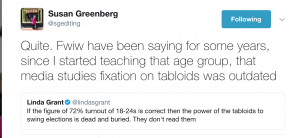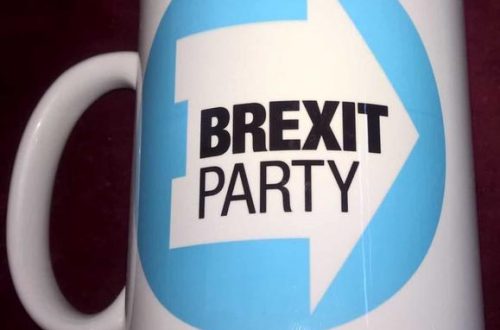A few years ago I found it dispiriting that so many people in the UK seemed bored or even completely alienated by politics. Then Brexit and Jeremy Corbyn came along – be careful what you wish for.
But whatever you thought of the result, it’s healthy for people – perhaps particularly young people – to witness so much unpredicatability and realize that voting can make a difference.
Often it seems that you can look at the results from a few bellwether seats and know the entire outcome, more or less. Isaac Asimov took this idea to extremes in his short story ‘Franchise’.
But on Friday morning the results were all over the place. Early news from the North East suggested the exit polls were wrong, that there was a big swing to the Conservatives – but that was because people weren’t factoring in the particular local effects of UKIP’s collapse.
Labour victories in places like Canterbury, number 104 on their target list, seemed to indicate a landslide. But once again this was down to local circumstances – in particular a high student population – and there were surprises in the other direction too, such as Mansfield.
Safe seat shocks, tense recounts and incredibly marginal outcomes would have made first time voters see that their participation, and collective action, can make a difference. And on the topic of young voters – I think this is an important point.
Yesterday some were claiming that Theresa May would have been beaten outright by a different Labour leader. Maybe, given how dire Theresa May’s campaign was, they were right. However although some voters, and perhaps those in more crucial seats, might have preferred a Labour moderate, quite a few others probably wouldn’t have voted at all, or would have voted for a Green or independent candidate, if it wasn’t for Corbyn.
Of course not everyone was galvanised by Jeremy Corbyn. Just a few more Labour votes, in line with London-wide trends, in Hendon, Chipping Barnet and Finchley and Golders Green could have made a crucial difference to the overall result.



